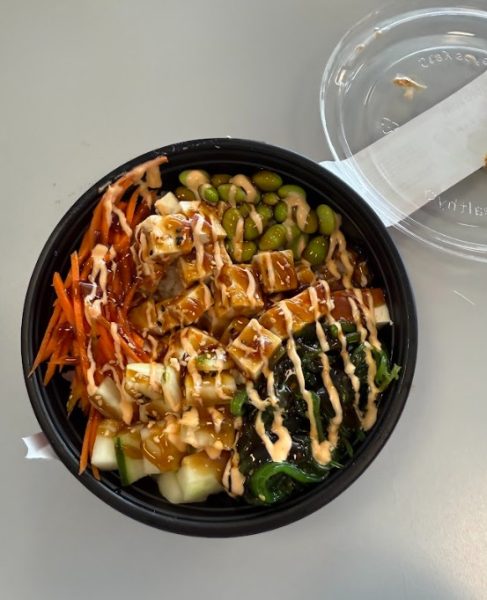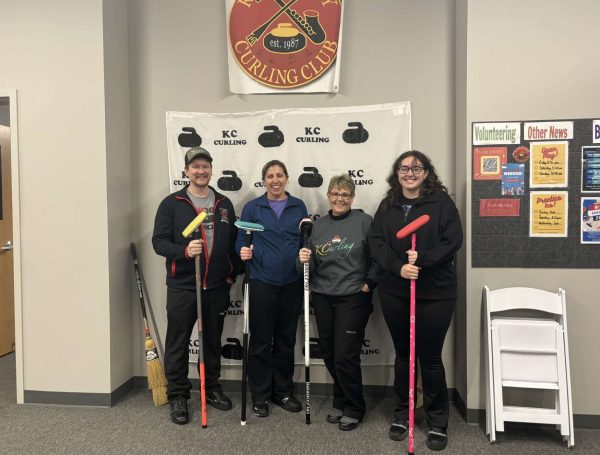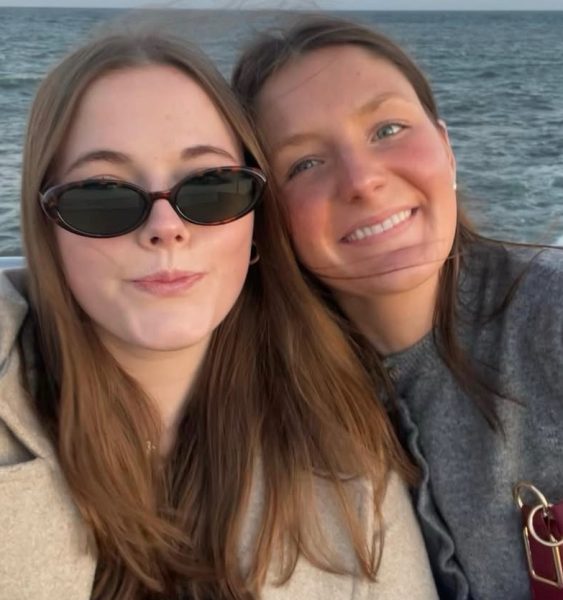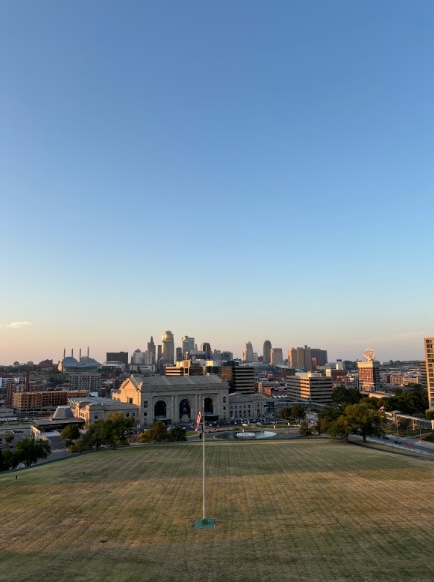DACA and Dreamers: A student’s perspective
DACA has borne the brunt of much disparagement, especially in recent days.
We have all heard the stereotypes attributed to immigrants — as economic moochers and swindlers of society. However, these accusations are false, and even more so when speaking of recipients of the Deferred Action for Childhood Arrivals program, who are often called “Dreamers.”
In September 2017, President Donald Trump made the deplorable decision to end the immigration protections administered by DACA. Of the nearly 800,000 people impacted, many have scrambled to renew their two-year statuses — and all have wrestled with the knowledge that they could be deported in the coming months.
However, there is still hope — a “clean” Dream Act is possible. It would involve “a law that would offer Dreamers a path to citizenship, and would not be tied to any other policies, immigration-related or not,” according to The New York Times.
To terminate DACA and fail to pass a fair and effective Dream Act is to gamble with people’s lives. Right now it feels like members of our federal government have encircled a board game and are taking bets.
However, the real stakes are colossal. There are thousands of people in this country who are uncertain about the future livelihoods of themselves and their families. These individuals are in limbo, hoping that the “land of the free,” the only land they have ever truly known, will not soon abandon them.
For many Rockhurst students, like Virginia Vanegas, ’18, when it comes to social and political issues like those facing DACA, she believes in being “an activist for the voiceless.” Vanegas is an El Salvadoran immigrant who came to the United States when she was little more than one year old by way of Temporary Protected Status. In 2017, she officially became a United States citizen. “I hope that a ‘clean’ Dream Act is passed … to offer peace of mind and allow [people] to come out of the shadows,” said Vanegas.
She is not alone in her support of the issue.
On Feb. 1, Rockhurst students including Sydney Hunter, ‘19, and Cheenia Wanamaker, ‘20, joined other students across the nation as they participated in the We Support the Dream Act Phone Campaign. The campaign was sponsored by the Association of Jesuit Colleges & Universities.
Hunter, president of Rockhurst’s Voices for Justice, a social justice organization, said that she “believe[s] every child and young adult in America deserves access to the same opportunities for growth.”
She added that “as [a] friend to undocumented [Rockhurst] Hawks, the Dream Act is not political, but personal,” because these young people impacted by DACA should not be used “as bargaining chips for other initiatives like the construction of a border wall.”
Among the thousands of people that DACA protects are students enrolled at Jesuit universities, says the AJCU. If the government fails to pass a “clean” Dream Act, these students could be forced to abandon their education and leave the United States.
The countries from which these students originate matters not. They have been persistent in their studies and have earned their positions at these top-rated institutions. These students deserve to walk the halls of their campuses, just as much as I do.
To prevent individuals from continuing their educations, for reasons that are at no fault of their own–whether at Jesuit universities or not–is an injustice. To force any DACA beneficiary to relinquish their professional position is reprehensible. To summon them to disavow familial relations and to jettison their commitments to their communities, asking them to relocate to destinations completely unfamiliar is odious and undeserved.
The hope held by many of us, on the Rockhurst campus and beyond, is that the people to whom we have given the title of “leaders in Washington” can come to an agreement that allows DACA recipients to feel safe on the land they call home. Most Americans desire it, according to a recent poll.
The people affected directly by the elimination of DACA are among us every day. The most important attribute about these individuals is that they are people. They are not criminals or swindlers or moochers. These people are our friends, neighbors, classmates and community members.
Whatever decision is made in Washington will affect us all.










